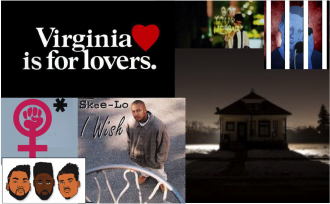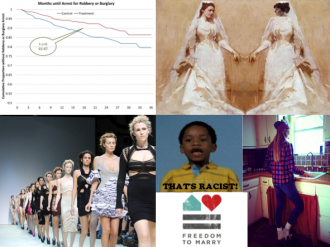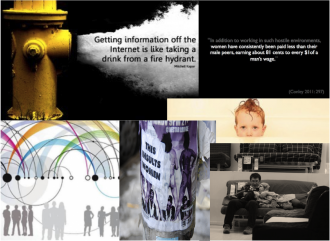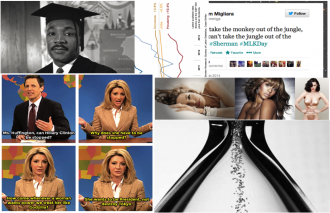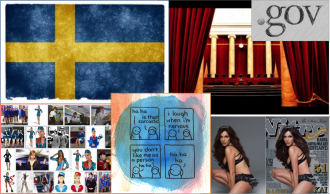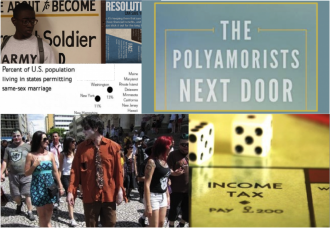
“I’ve got a bone to pick with you!”
Such was the rather awkward beginning of a recent conversation I had with a friend in the social sciences—let’s call him “Norbert”—here at the University of Minnesota. Even more disconcerting, it turned out that Norbert (who is not a sociologist by training) was talking about my Editor’s Desk post from a week or so ago, the one trying to specify the distinctive elements of the sociological imagination. It’s not that I minded being challenged—I actually thrive on the thrust and parry of intellectual discussion and debate. It was more that I didn’t see it coming. Aside from a little kerfuffle about wholism and holism, the post had circulated fairly widely and had generated a number of complementary comments and supportive emails. more...

